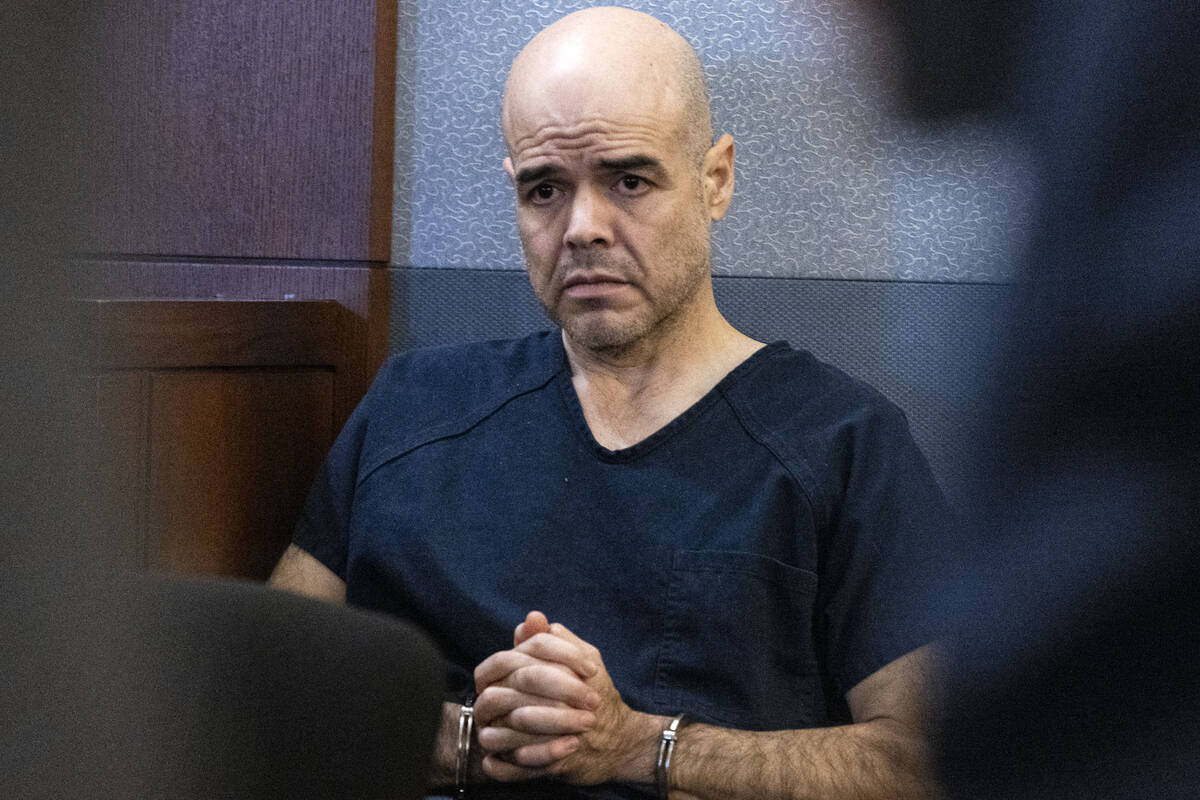EDITORIAL: Taxpayers foot bill for former official’s murder defense
Former Clark County public administrator Robert Telles sits in a jail cell, accused of killing the Review-Journal’s Jeff German in a fit of rage over the latter’s reporting. He has been temporarily suspended from practicing law in Nevada and may have misappropriated client funds, according to a Nevada Supreme Court order.
Telles has the right to a defense, of course. But do the taxpayers have to pay for it? Thankfully, Telles made the point moot by hiring his own counsel Monday.
In September, the disgraced public official filed paperwork requesting a public defender and maintaining that he was unable to cover the cost of an attorney. He was then appointed lawyers from the Clark County public defender’s office.
Financial records showed that Telles and his wife were earning more than $20,000 a month and live in a $600,000 home in Peccole Ranch. Telles also has five rental properties in Arkansas in which he has more than $100,000 in total equity, according to public records.
The state Supreme Court has approved guidelines — including income standards — for use in determining whether a defendant is eligible for a public defense. Those who don’t meet the financial threshold “will be subjected to a more rigorous screening process” to determine whether they truly qualify for free legal help.
Yet, Telles was initially allowed to go forward with his indigent claim without any hearing by the court. And, according to court observers, that appears to be the norm.
“There is no real hearing on indigency,” Thomas Moskal, a former Clark County prosecutor, told Review-Journal investigative reporter Arthur Kane. “There is an unspoken rule that we’ll just move on. All defendants have to say is, ‘I can’t afford counsel.’ ”
That may work well for defendants, but what about the taxpayers who were forced to pay for the defense of an accused killer who doesn’t appear to be indigent?
Franny Forsman, a longtime federal public defender who is now retired, defended the process. A long debate over indigency could interfere with the Sixth Amendment rights of the accused, she said. “If he had a couple of hundred thousand in the bank, that would be one thing,” Ms. Forsman said, “but if he has property, most attorneys aren’t going to accept that as payment.”
Perhaps. But how do we know the intricacies of a defendant’s financial standing if nobody bothers to find out?
“On a case like this, it’s so obvious the judge might want to make an inquiry,” Mr. Moskal said.
Telles saved the court time and money by hiring his own attorney. But this case shows why a “more rigorous screening process” is needed when it comes to poverty claims.

















